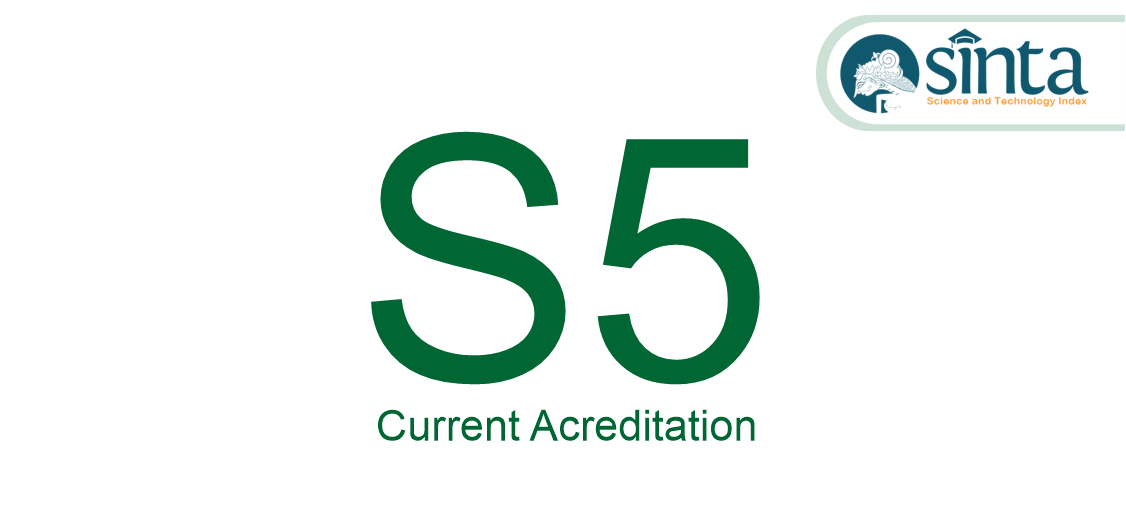Mangosteen Agribusiness Partnership In PT. Radja Manggis Sejati, Padangan Village, Tabanan Regency
Abstract
One of the agricultural sub-sectors that apply the mangosteen commodity partnership pattern in Bali is STA Sari Buah with PT Radja Manggis Sejati in Padangan Village, Pupuan District, Tabanan Regency. The development of partnerships can help farmers and business actors in increasing the growth of horticultural agribusiness, especially in the mangosteen commodity. The marketing partnership pattern for the mangosteen commodity is based on a written agreement, but the marketing contract is made between suppliers and farmer groups with exporter companies. Responsibilities of partner groups, namely: taking an inventory of group members and mangosteen trees, cultivating mangosteen properly, collecting mangosteen from farmers, sorting and grading with partner company officers, selling mangosteen to partner companies, and repaying capital loans by deducting from the proceeds of mangosteen sales. . The rights of partner group members are to obtain loans, to be able to supply mangosteen to partner companies, to obtain prices according to the prevailing market prices, to receive payments by bank transfer as soon as the goods are received by the partner companies, and to receive a fee for each kilogram of mangosteen deposited.
References
[2] Dewi and S.R. Qanti. 2018. “Analysis of the Contribution of Mangosteen Farming Income to Household Income of Mangosteen Farmers in Cikalong Village, Sodong Hilir District, Tasikmalaya Regency, West Javaâ€. Agroinfo Galuh Student Scientific Journal. 4(3): 936-945.
[3] Erfit, E. 2012. “Analysis of Equality in Partnerships in Horticultural Agribusinessâ€. Embryo Journal. 5(2): 132-143.
[4] Hafsah, M.J. 2010. “Business Partnerships: Conception and Strategyâ€. Jakarta: Sinar Harapan Library.
[5] Indrayani R. 2008. “Analysis of Partnership Patterns in Procurement of Certified Pandanwangi Rice (Case of Gapoktan Citra Sawargi and CV Quasindo)â€. [Thesis]. Bogor: Postgraduate, Bogor Agricultural University.
[6] Kherallah M, Kirsten J. 2002. “The New Institutional Economics Applications for Agricultural Policy Research in Developing Countriesâ€. Agrecon. 41(2):110-133.
[7] Ministry of Agriculture. 2017. “Guidelines for Agribusiness Partnershipsâ€. Jakarta : Directorate of Business Development, Ministry of Agriculture.
[8] Miyata S, Minot N, Hu D. 2009. “Impact of Contract Farming on Income: Lingking Small Farmers, Packers, and Supermarkets in Chinaâ€. World Development. 37(11): 1781-1790.
[9] Nazir M. 2009. “Research Methodsâ€. Jakarta: Ghalia Indonesia.
[10] Qosim, W. A. 2013. “Development of Mangosteen Fruit as an Indonesian Export Commodityâ€. Cultivation Journal. 12(1): 40-45.
Authors who publish with this journal agree to the following terms:
- Authors retain copyright and grant the journal right of first publication with the work simultaneously licensed under a Creative Commons Attribution License that allows others to share the work with an acknowledgement of the work's authorship and initial publication in this journal.
- Authors are able to enter into separate, additional contractual arrangements for the non-exclusive distribution of the journal's published version of the work (e.g., post it to an institutional repository or publish it in a book), with an acknowledgement of its initial publication in this journal.
- Authors are permitted and encouraged to post their work online (e.g., in institutional repositories or on their website) prior to and during the submission process, as it can lead to productive exchanges, as well as earlier and greater citation of published work (See The Effect of Open Access).
 Abstract viewed = 217 times
Abstract viewed = 217 times
 pdf downloaded = 234 times
pdf downloaded = 234 times



